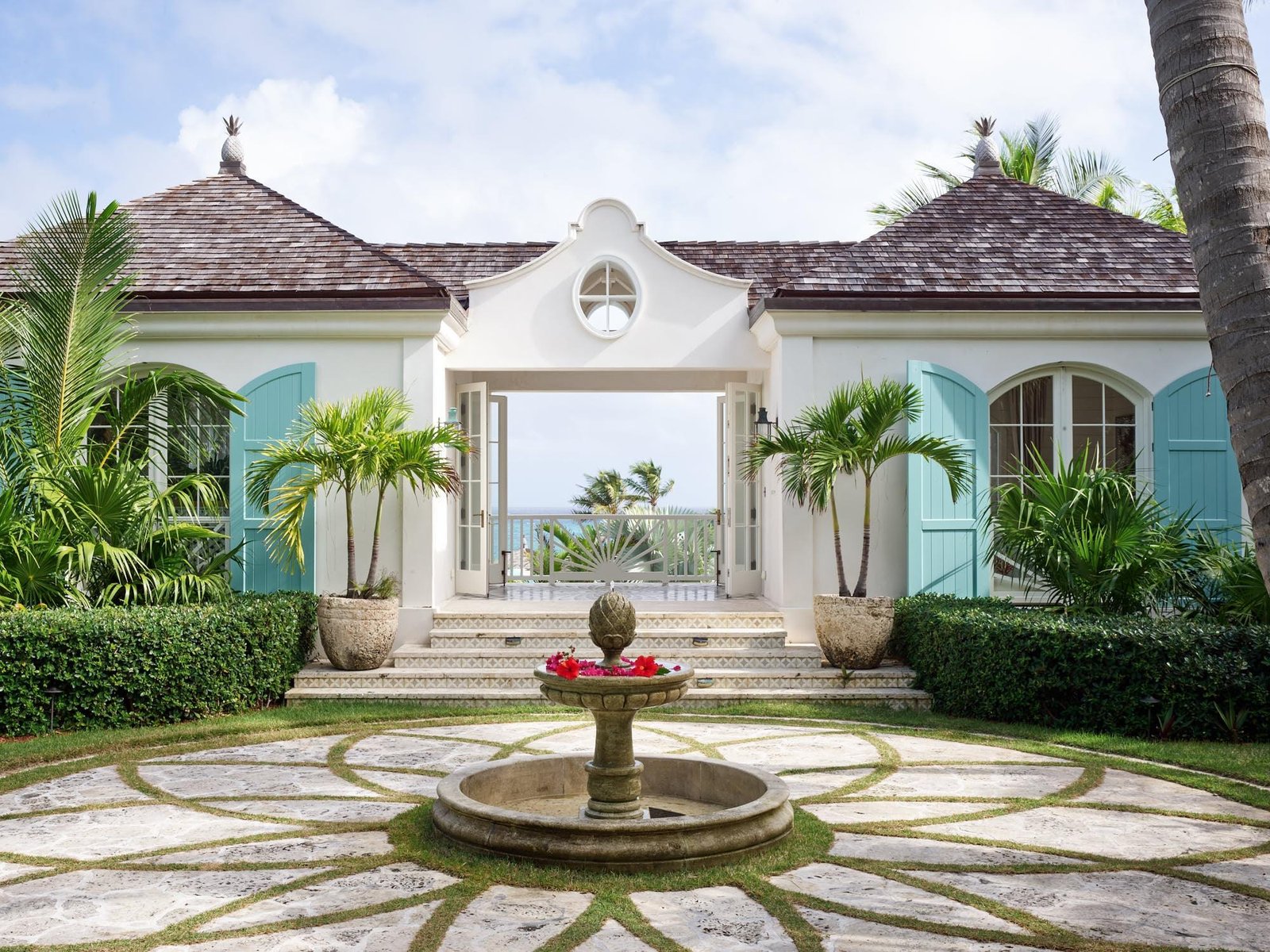
Discover why Anguilla’s ultra-luxury villa market attracts discreet travelers offering exclusive stays, rich history and Caribbean elegance.
Anguilla’s ultra-luxury villa market is an elite destination for discreet travelers and savvy investors due to its unmatched privacy, political and economic stability, and strong potential for a high return on investment (ROI). The island’s unique combination of high-end amenities and an exclusive, low-key atmosphere sets it apart in the competitive Caribbean market.
Anguilla has a reputation for being an uncrowded and tranquil haven, a stark contrast to some of the Caribbean’s more bustling tourist hubs. For high-net-worth individuals and celebrities seeking a genuine escape from the public eye, this quiet elegance is paramount. The island’s luxury villas are designed to provide the utmost seclusion, often featuring private beaches, secluded coves, and sprawling estates far from the gaze of crowds.
Personalized, top-tier service is a hallmark of the Anguillan luxury experience. Villas frequently come with dedicated staff, including private chefs, butlers, and concierge services that cater to every whim while maintaining a respectful distance. This bespoke approach ensures that guests can enjoy a seamless, indulgent vacation without compromising their privacy.
Le Blue Villa, Anguilla -Luxury Villa Rentals – BE Luxury Collection
A holiday in Anguilla is defined by a serene, unhurried pace. Visitors are drawn to the island for its 33 stunning beaches, each with its own unique charm. From the iconic Shoal Bay East, with its powdery sand and brilliant water, to the secluded Little Bay, accessible only by boat, there is a perfect stretch of shoreline for every mood. Unlike many other Caribbean destinations, Anguilla has largely avoided large-scale cruise ship tourism, ensuring its beaches remain blissfully uncrowded.
The culinary scene is a major highlight, with Anguilla widely recognized as the “culinary capital of the Caribbean.” The island boasts over 100 restaurants, ranging from casual beachside shacks serving fresh-off-the-boat seafood and local specialties like johnnycakes and conch fritters, to world-class, fine-dining establishments. This diverse and delicious food culture is a reflection of the island’s history, influenced by native Caribbean, African, Spanish, French, and English cuisines.
Beyond the beach, visitors can immerse themselves in the local culture. The national sport of boat racing is a significant cultural event, with races held on public holidays that draw large crowds and showcase the island’s strong connection to the sea. Live music, particularly reggae and calypso, fills the air at local beach bars, offering a laid-back and authentic nightlife experience. Other activities include snorkeling and diving in vibrant coral reefs, horseback riding along the beach, or simply exploring the island’s laid-back, friendly villages.
Anguilla’s story is one of resilience and a fierce sense of independence. The island was first settled by Amerindian peoples, arriving from South America as early as 1300 BC. They named the island “Malliouhana,” believed to mean “eel” in reference to its long, narrow shape. Significant archaeological sites, such as Fountain Cavern and Big Spring, offer a glimpse into the spiritual and daily life of these early inhabitants.
European colonization began with English settlers from St. Kitts in 1650. For over a century, the island’s poor, thin soil made large-scale sugar plantations unviable, a fact that would set Anguilla on a different path from its neighbors. This economic anomaly meant that slavery, while present, did not define the social structure in the same way it did elsewhere. After the abolition of slavery in the British Empire in 1834, many former slaves were able to purchase land, fostering a strong sense of independence and local ownership that continues to this day.
Anguilla’s most defining moment in modern history was the Anguillan Revolution of 1967. After being unwillingly federated with St. Kitts and Nevis, the islanders led a non-violent revolution, evicting the Kittitian police and declaring their own government. This display of self-determination eventually led to Anguilla becoming a separate British Overseas Territory in 1980, a status that reflects its desire for self-governance while maintaining a stable connection to the UK.
Ready to discover your slice of paradise? Contact BE Luxury Collection today to explore our portfolio of Anguilla villas and begin your journey to an exclusive Caribbean experience.